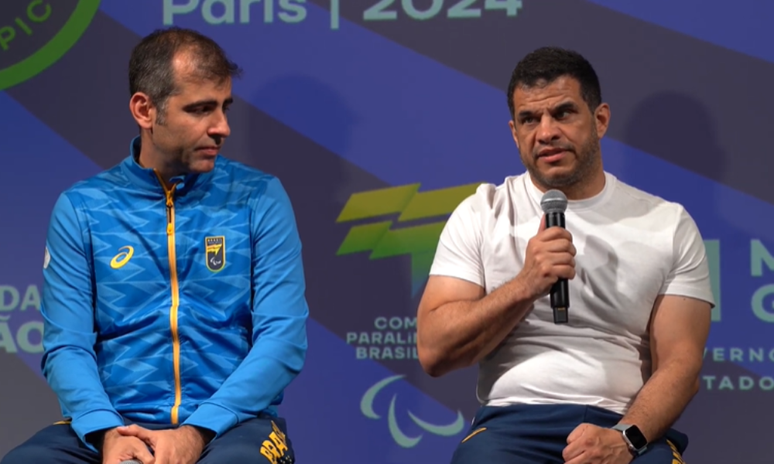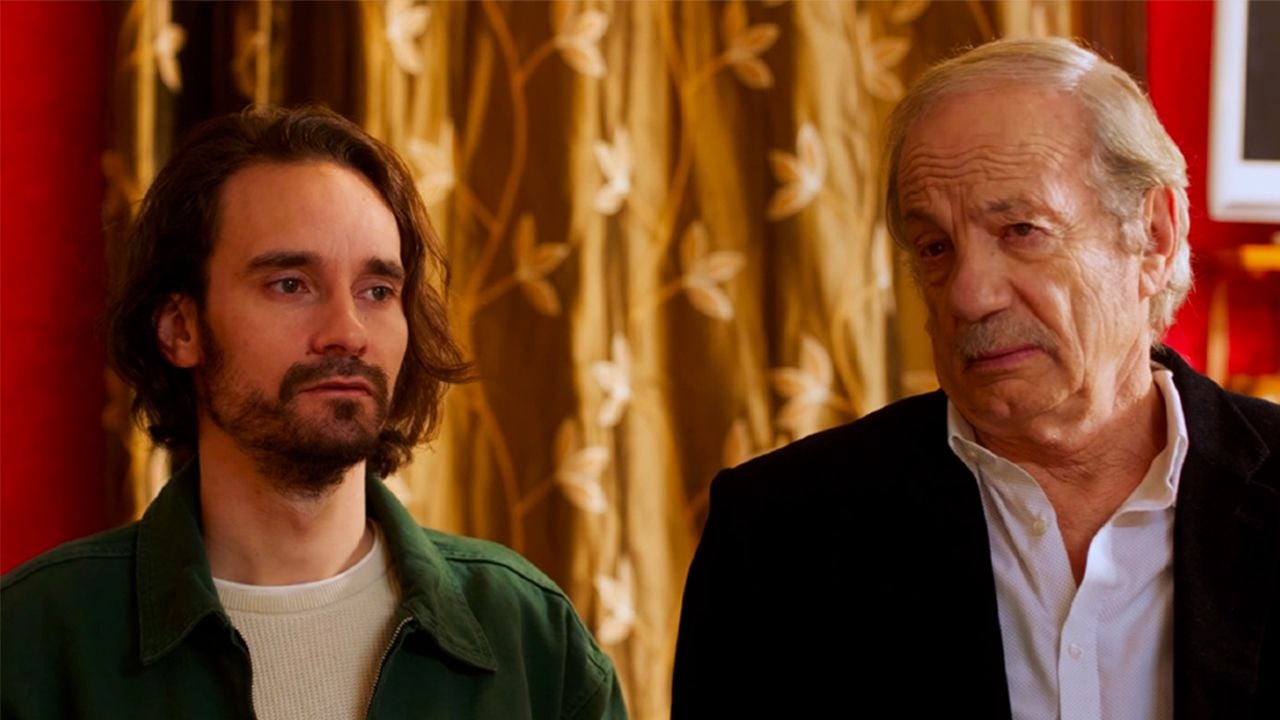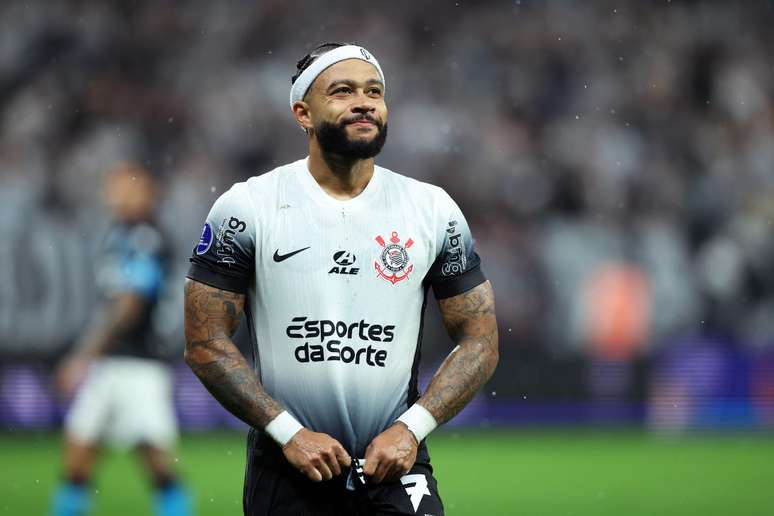PARIS – The Brazilian Paralympic Committee (CPB) called a press conference this Sunday (8) to celebrate the historic campaign for the Paris-2024 Paralympic Games. In the French capital, the Brazilian delegation broke all the country’s records during the event. Mizael Conrado, president of the CPB, and the CPB’s director of high-performance sports, Jonas Freire, were present.
“A lot of happiness today, a lot of joy, a lot of feeling that the work is worth it, that the work pays off. But I am still very sure that we have great warriors, that our athletes are worthy of all our praise, because what they have done here was truly remarkable,” praised Mizael.
There were 25 gold, 26 silver and 38 bronze medals for a total of 89 podiums and a top five finish for the first time. Despite the celebrations, President Mizael Conrado noted the opportunities for Brazil to continue advancing at the Paralympics.
“Of course, we also start from here with some lessons learned. For example, we realized that in cycling there are 51 medals, Brazil has not won any. Holland, 12 gold medals. If it were not for cycling we would be fourth place, so this also shows that we are rightly concerned about the construction of the velodrome and we are already thinking about it”, said the president.
Velodrome
According to the president, the government of the state of São Paulo is competing to begin construction of a velodrome. Mizael still believes that the equipment could be completed in 2027.
“The velodrome will be built by the State Government. The governor has already approved the construction, the ground plan has already been drawn up. So we already have a cost estimate, the construction will cost about 150 million reais. The Secretariat of the Rights of Persons with Disabilities, who will carry out the race. People are already there in São Paulo to work on the project,” he explained.
“The idea is that this project, which is being talked about, will be published by the end of the year, so I believe that by then, in mid-2027, this velodrome will be operational,” said Mizael Conrado.
Legacy 2016
There is much talk about the legacy left by the investments and facilities built for the Rio de Janeiro Games. It was in this effort to make Brazil the host country that the CPB Paralympic Training Center was built in Sao Paulo. This facility is still a reference and praised throughout the world. Other facilities have also been built, but they do not have the same care.
“In fact the buildings were very important, even if they were not enough, other buildings were needed. How are we going to train an athlete in the State, if we do not have a track for this athlete to train, for this athlete to compete”, asked Mizael Conrado.
“In swimming, we see here, Brazil has won seven gold medals. Let’s take the result of Italy, let’s take the result of England, and we just have to look at the sports structure of this country. Here in France, we were here to observe the cities and the facilities, and in each city you have an official swimming pool of magnificent level. Look at how many swimming pools we have in Brazil, cities, state capitals, many that don’t have a swimming pool, others when they do, have one, two, three swimming pools”, he stressed.
Plural medals
As in other Brazilian campaigns at the Paralympic Games, the medalists came from different regions of the country. Athletes from the north to the south of Brazil climbed to the podium in the French capital. Mizael emphasizes that this feat is the result of the Paralympic Reference Centers spread throughout the states, but also emphasizes that he dreams of expanding the initiative further.
“If they won the medal it is because the opportunity has come for them to become athletes. And this is really our idea, to be in every state of Brazil. The Reference Center is already in every state of Brazil. I would really like that in eight years we will hear that the CPB has managed to create 560 reference centers, which corresponds to 10% of all Brazilian municipalities”, he said.
“And since each Reference Center can have the capacity to serve an average of four or five municipalities, in eight years we will be able to connect half the country with a sports movement strategy. So it is really more democratic, but I think this is largely thanks to the work of our clubs, our confederations and the Committee itself to bring sport to all corners of the country,” he added.
Source: Terra
Rose James is a Gossipify movie and series reviewer known for her in-depth analysis and unique perspective on the latest releases. With a background in film studies, she provides engaging and informative reviews, and keeps readers up to date with industry trends and emerging talents.







